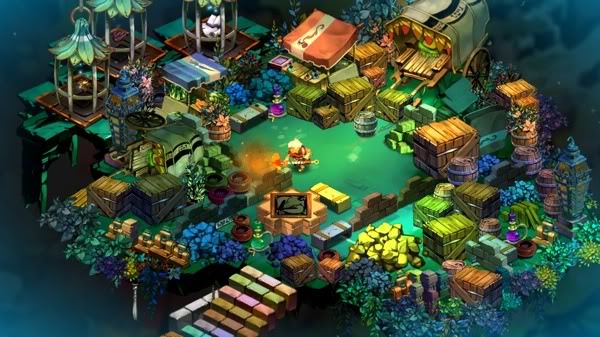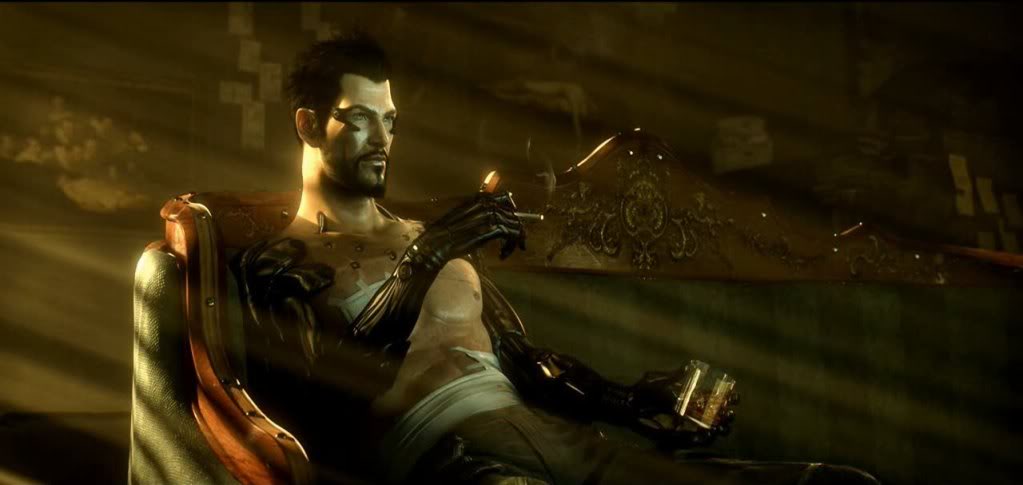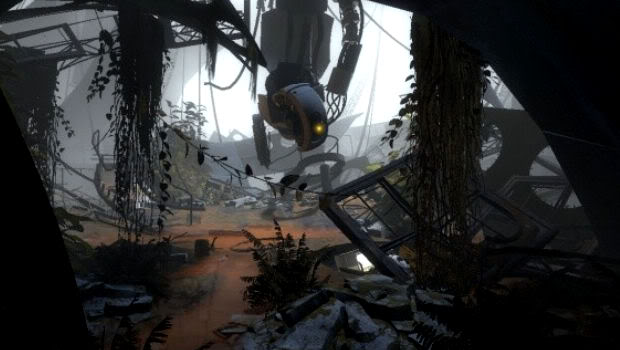This post has not been edited by the GamesBeat staff. Opinions by GamesBeat community writers do not necessarily reflect those of the staff.
Potential-spoiler warning: This article mentions the endings of games like Portal 2, Bastion, Deus Ex: Human Revolution, and Borderlands. I’ll try my best to avoid specifics, but you’ve been warned.

Something strange happened recently; I beat a video game. I had such a good time doing it that I decided to beat three more titles.
I enjoyed every minute as I journeyed through Aperture Science in Portal 2, searched for The Vault in Borderlands, and saved the world in both Human Revolution and Bastion. The games were fun and brought some fresh ideas.
Portal 2 and Bastion are short and filled with action from beginning to end. Both games are wonderfully made and constantly reward the player. The endings contain satisfying conclusions and leave you wanting more.
Borderlands and Deus Ex didn’t finish off so well. Both endings are rushed, uneventful, and boring with terrible final confrontations and resolutions that would put even the heartiest Buzz Killington to sleep.

Unfortunately, gamers are most likely at fault for some of these releases having lackluster conclusions. Some of you are probably crying out, “But Mark, I finish all of my games! I even finish the bad ones!”
That makes you part of the minority.
A recent CNN study states that 90 percent of individuals don’t finish the games they buy. If it were 30 percent, we could have blamed the results on "newbies" and continued to hate everything like usual. The world would have gone about its business, and we could have just been angry at companies for wasting our time with uninspired endings following 30-plus-hour experiences.
Instead, we need to look at ourselves as the root of the problem. Examine your back catalog. Then search "back catalog" on Bitmob and see the number of results relating to people not finishing games. It's staggering.

According to CNN and Raptr, only 10 percent of gamers finished the final mission of Red Dead Redemption, so only a handful of people actually witnessed its phenomenal ending firsthand.
We can’t blame developers for not delivering the conclusions we crave. We also can’t blame most players either. Gaming is a hobby that most people enjoy for only a few hours every week if they’re lucky. Beating a 50-plus-hour title is an impressive feat for anyone with a family, job, and some semblance of a social life.
So what can we do?
Both gamers and companies have to reach a balance to solve this problem. If publishers want people to finish their offerings, they should consider delivering shorter experiences that contain the same great storytelling and gameplay that longer titles are usually known for. Consumers could also just buy fewer games and play through their backlogs instead of purchasing seven releases at a time.
Now if you’ll excuse me, I’m going to go and try to beat Dead Island before Gears of War 3 comes out.
